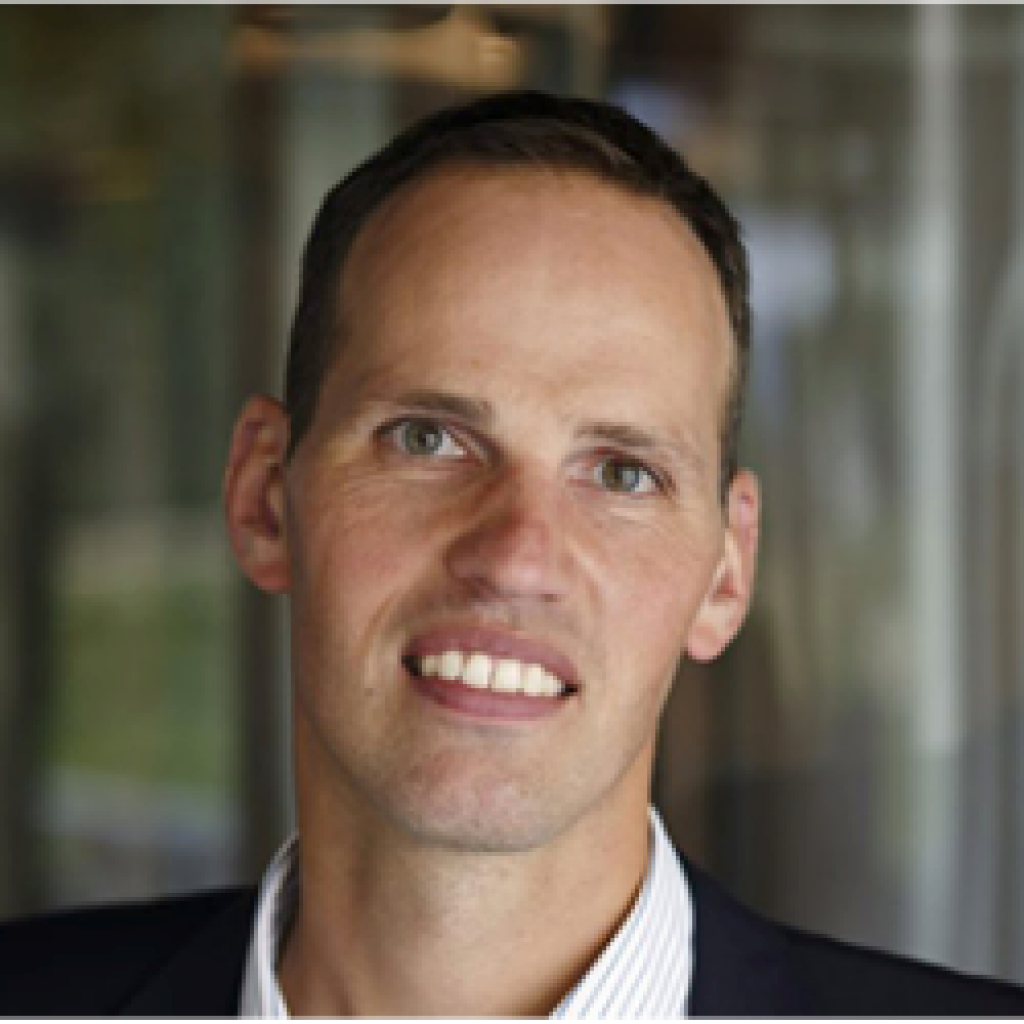(QuTech.nl) TU Delft has appointed Professor Ronald Hanson as Distinguished Professor in Quantum Computing and Quantum Internet. The title of Distinguished Professor is reserved for full professors who are important figureheads in specific fields both at and outside the university.
Ronald Hanson is internationally regarded as one of the leading quantum scientists of his generation. He is a pioneering researcher of perhaps the most fascinating phenomenon in physics: quantum entanglement. Under his leadership, the existence of quantum entanglement was conclusively demonstrated for the first time in 2015, putting an end to a debate initiated 80 years earlier by Einstein. Quantum entanglement is at the basis of research into quantum networks and quantum computers and the eventual development of a quantum internet, an internet that is inherently safe. It was only one of the milestones in Hanson’s still relatively young scientific career.
Hanson has been honoured many times over the years for his scientific work. He received the KNAW Ammodo Science Award in 2015 and won the Huibregtsen Prize in 2016. In 2018 he was elected a member of the Royal Dutch Society of Sciences (KHMW), and in 2019 he was elected a member of the Royal Netherlands Academy of Arts and Sciences (KNAW) and a Fellow of the American Physical Society. In 2019 he received the Spinoza Prize, the highest award in Dutch Science.
Ronald Hanson studied applied physics at the University of Groningen, followed by a year in Japan. In 2005 he obtained a doctorate at TU Delft for his research into electron spin in small semiconductor structures. After two years as a postdoctoral researcher at the University of California, he returned to Delft, where he started his own research group. In 2012 he was appointed Antoni van Leeuwenhoek Professor. He is an initiator of QuTech, the centre for advanced research in the field of quantum computing and quantum internet that was established by TU Delft and TNO in 2014.
Hanson was scientific director of QuTech from 2016 to 2020. He is one of the authors of the National Agenda Quantum Technology with which the Netherlands aims to remain at the forefront of quantum technology development. He currently chairs the steering committee of the QuantumDeltaNL foundation that stimulates and implements the national agenda.
TU Delft Has Appointed Professor Ronald Hanson Distinguished Professor in Quantum Computing and Quantum Internet
